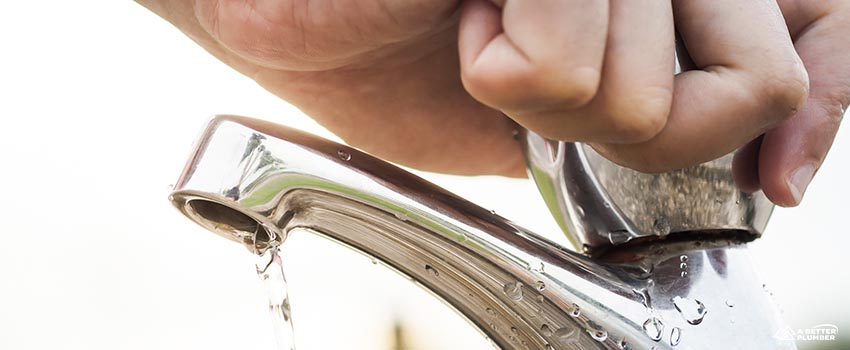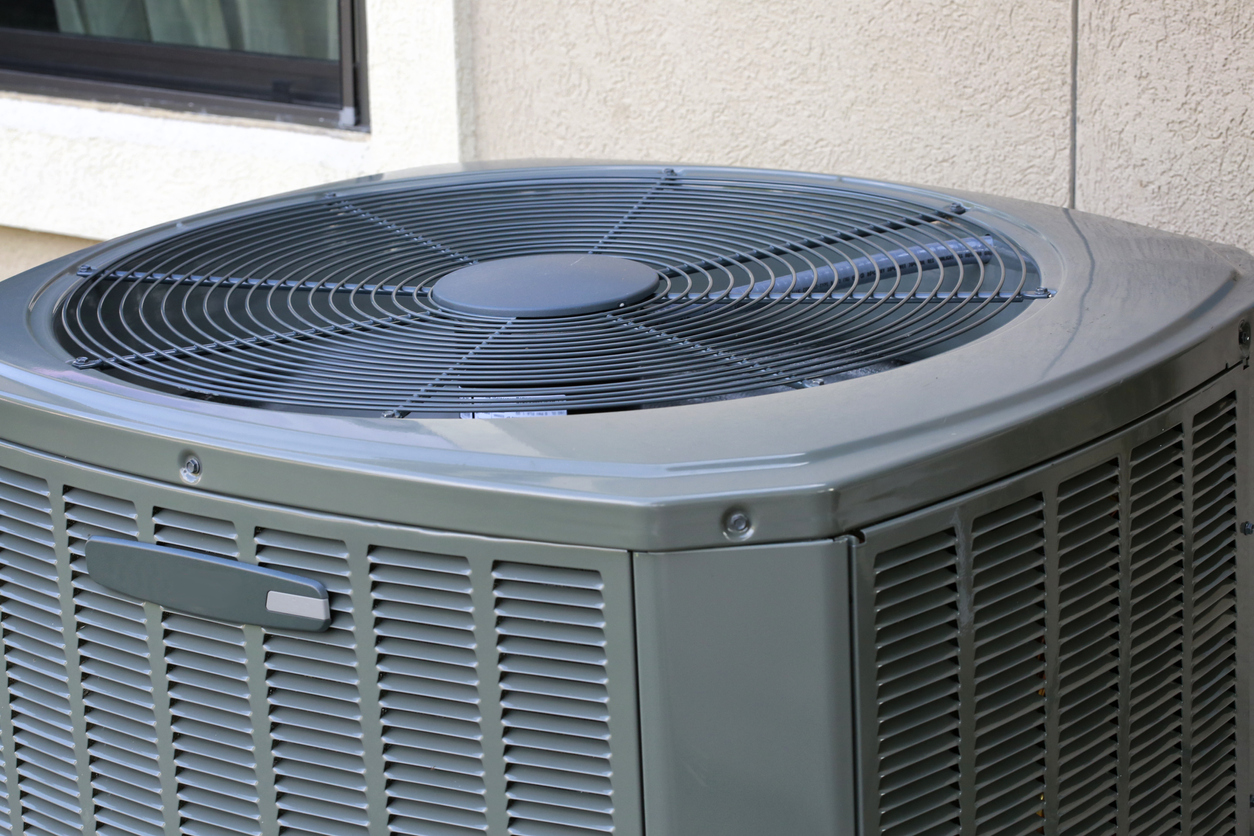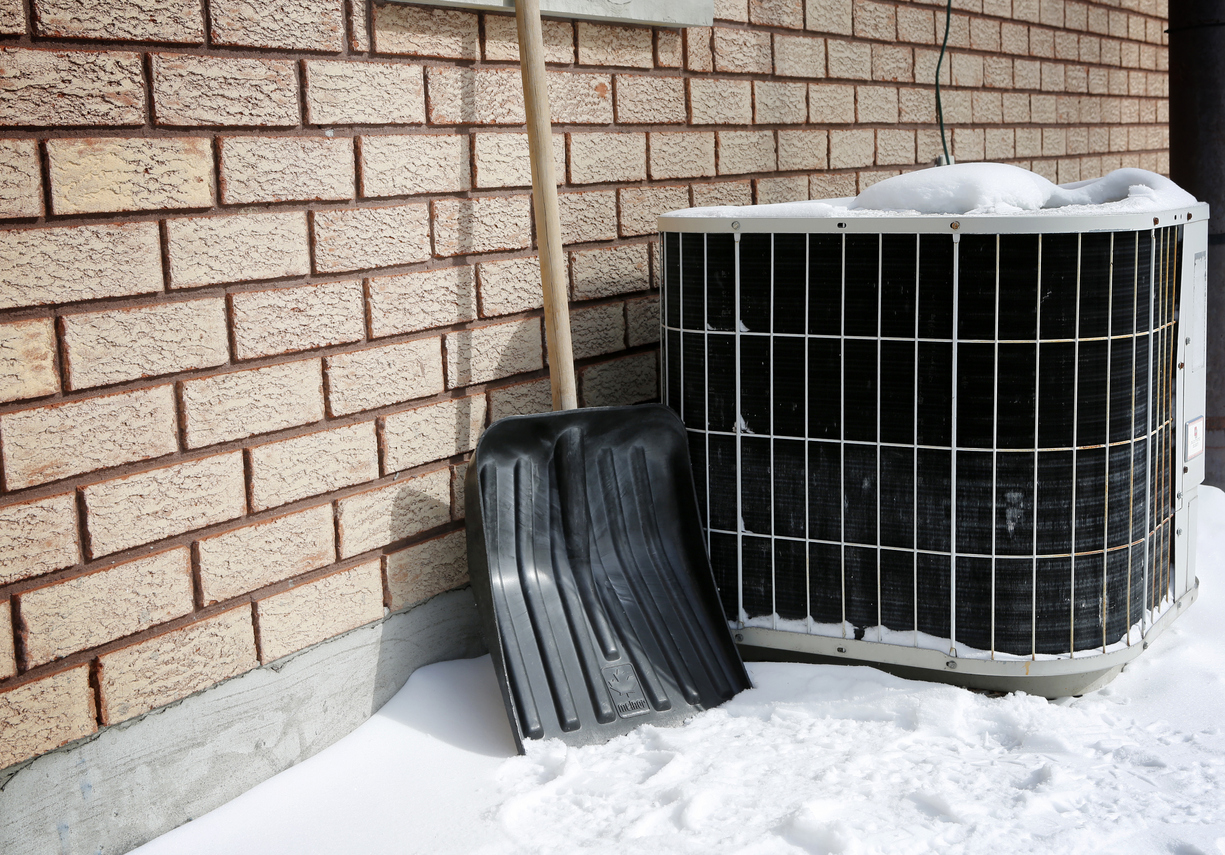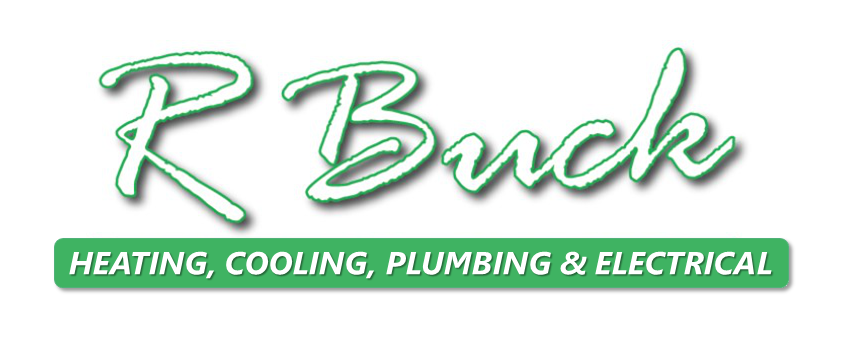10 Plumbing Tips to Save Water This Summer

Summer is just around the corner.
It is a crucial season for the country’s water supply. Conservationists are urging everyone to practice water-saving tips as much as possible because supply during the summer season is limited. Heat causes water to evaporate in the air quickly, resulting in lesser water supply than in other seasons.
Decades of environmental studies have resulted in various plumbing tips for conserving water that are now readily accessible. The studies have helped people to become more aware of the consequences of wasting water. With this information and knowledge, experts hope that people will be more mindful of their water consumption and follow water-saving tips religiously.
10 Home Plumbing Tips to Save Water
If you want to help save the earth by conserving water, here are some effective plumbing tips you can effectively follow:
1. Shut off your water outlets.
When you want to conserve or save clean water, one of the most effective home plumbing tips is to make it a habit to shut off water outlets such as faucets and showerheads when you are not using them. For instance, leaving the faucet on while brushing your teeth is a common mistake. You might think that a few minutes of running the water and not using it would not hurt, but that’s wrong.
According to the United States Environmental Protection Agency (EPA), on average, each person in the country wastes eight (8) gallons of clean water while brushing their teeth and leaving the faucets turned on.
2. Learn to recycle used water.
The concept of recycling used water is one of the plumbing tips that has been around for decades already because of the increasing scarcity in water supply globally. Environmentalists have been finding ways to recycle water and teaching people to do it independently.
One of the easiest water-saving tips is to recycle used water by collecting it using a bucket or basin. For instance, when you wash fruits and vegetables, collect the water in a basin instead of directly cleaning them under running water. You can use the water from cleaning the fresh produce in watering your plants or pre-washing household fixtures such as sinks and toilet bowls.
3. Check your plumbing for signs of water leakage.
Water leakage is a plumbing issue that every homeowner should monitor regularly. It may seem like a small problem, but water leakage has immense effects when you refuse to address it immediately.
Every drop of water from a busted plumbing pipe or loose fixture contributes to the increase in the water bill and a decrease in the global water supply. You can avoid this issue by regularly checking your house’s exposed plumbing parts such as pipes, faucets, drain traps, showerheads, and toilet seats. If you notice that a screw or lever is loose, tighten it using the correct screwdriver or wrench.
4. Identify the best time to water the plants.
Most plants need constant watering to survive, especially during the summer season. If you have them and are serious about plumbing tips that can help conserve water, you must find the optimal time to water your plants, which is usually during the cold hours of the day. This is the period when plants can easily absorb the water better before it gets dried out by the sun.
5. Keep the drains and sewer clean.
Often, people neglect the drainage and sewer system when they think of conserving water because the focus is usually on the supply line. However, when your drainage and sewer systems encounter a problem, you will also waste tons of clean water.
One of the best plumbing tips when you want to save water is to regularly clean your drains and sewer to avoid cases of burst and blocked pipes. When cleaning the system, avoid using chemical-based cleaners. Instead, use kitchen staples such as vinegar, baking soda, and hot water.
When you encounter a blocked drain, the tendency is to keep pouring water in hopes that it will help clear the obstruction. Most of the time, however, it only results in an overflow of dirty water, which is risky for your plumbing system and the environment because of the water loss.
6. Upgrade your kitchen and bathroom fixtures.
With the advancements in technology these days, finding water-conserving plumbing fixtures and appliances is quick and convenient. When looking for replacements for your plumbing fixtures and appliances, look for the Energy Star logo or seal. When a specific model has this logo, it means that the appliance passed the standards of the EPA for water conservation and efficiency. These upgrades to your fixtures and appliances are considered as a smart home plumbing move because it brings efficiency to your property.
7. Find the optimal spot for your sprinkler system.
Another smart home plumbing is finding the optimal spot for indoor and outdoor sprinklers. This ensures that the whole lawn will receive an equal amount of water when the sprinklers are on, avoiding water wastage and patches of unequal growth of grass.
8. Install rain water tanks during summer.
During the summer season, the supply of water is often scarce. Some places experience water interruption or increase in water bills because of this.
Installing rain water tanks is one of the most effective plumbing tips for conserving water. The tank’s main pipe is usually connected to the roof gutter to make rainwater faster and easier. If your concern is that the tank may not be large enough to contain rainwater, fret not because it comes in different models with varying storage capabilities.
9. Remember the full load principle for appliances.
Step up your water-saving habits by following the full load principle of home appliances that use water. Your energy star-rated appliances such as dishwashers and washing machines can use water more efficiently if you run them when they are almost or fully loaded.
10. Schedule your plumbing maintenance services.
Plumbing maintenance provided by professional plumbers can also help in saving clean water. When they perform maintenance services, they can diagnose potential plumbing issues that might occur shortly. For instance, they can identify which pipe needs replacing based on how it looks and feels A quick repair should prevent it from bursting that could lead to water loss.
Let Absolute Electrical Heating and Air Help You Conserve Clean Water
Caring for the environment is a task that all of us should be willing to take on. However, not everyone is ready for it yet. Still, if you are thinking of being part of the movement that helps save water for generations to come, we at Absolute Electrical Heating and Air can assist by checking your plumbing.
We provide a wide range of plumbing services from installation to repair and maintenance. You can always rely on our plumbers in Denver to guide you in finding, choosing, and installing plumbing fixtures that can help you save water.
What are you waiting for? Call us now, and let’s talk about how we can make your home water efficient!
CONTACT US
Request Service


Save Every Year with an Absolute Advantage Membership
Expert Annual System Safety Inspections & More
- Priority service
- Waived dispatch fees
- Yearly furnace, A/C, & electrical system inspections
- 10% discount on repairs and additional diagnostic services
- Up to $500 off HVAC & electrical panel replacements







